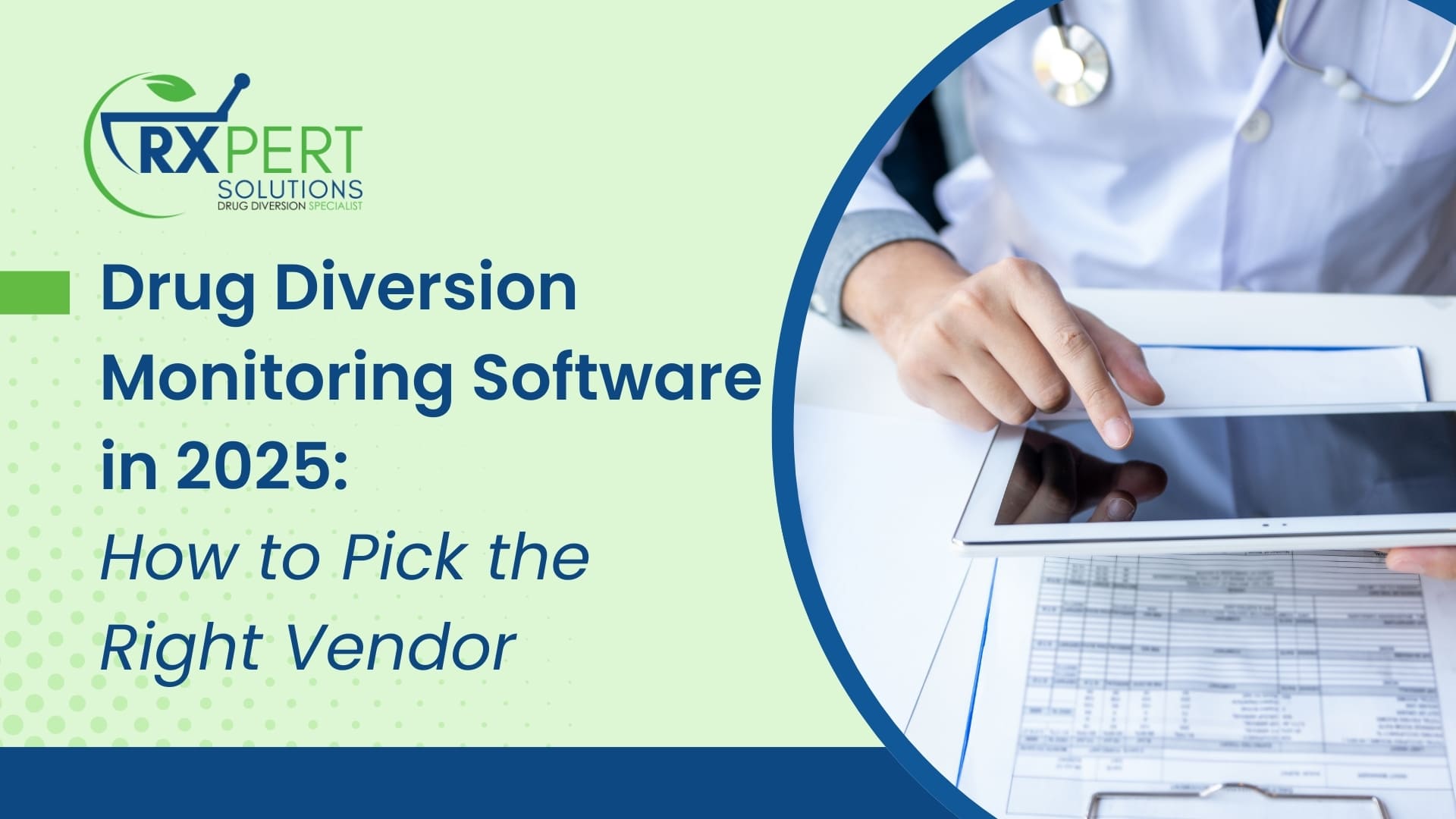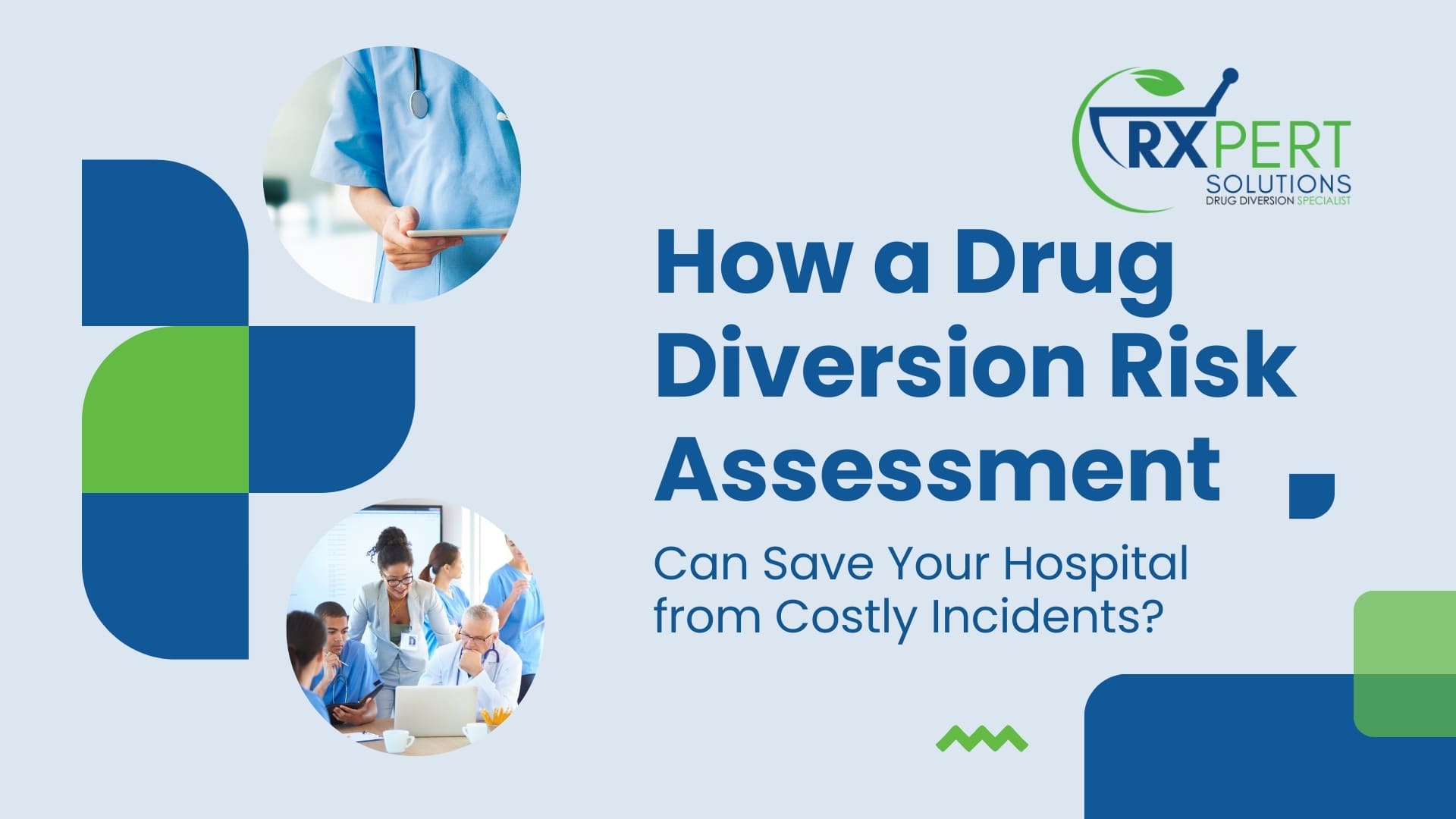When was the last time you did a gap analysis of your drug diversion program? Was that audit done by an internal team or an external team? What are the pros and cons of each?
Internal audit:
Pros
- Less expensive
Cons
- Potential lack of expertise: Depending on who is on the team, they may not know exactly what they are looking for or what questions to ask to root out the vulnerabilities.
- Bias: Internal auditors may not be comfortable highlighting a problem that may reflect poorly on a colleague.
- Blinders: When we see something everyday it becomes “normal” or “just the way we do things”, when in reality, the norm may need to be questioned.
External audit:
Pros
- Experts: These auditors, assuming you have hired a good team, are the experts. They know what to ask and where to look to find the vulnerabilities. They have been in other facilities and they know what good practice looks like.
- Unbiased: These auditors have no relationships with staff or leadership and no hidden agendas. They will report out what they have identified in an unbiased fashion.
- Fresh eyes: We all know that a fresh set of eyes will identify areas where improvements can be made. They also come with a different set of experiences which make areas of risk more visible.
- Credibility: It should not be this way, but oftentimes leadership needs to hear from an outside expert to act.
Cons
- Costs: Most likely more expensive. However, be sure to really add up the internal costs of those performing the audit and take the unforeseen costs into consideration – are the risks of a harmful diversion incident worth it?





